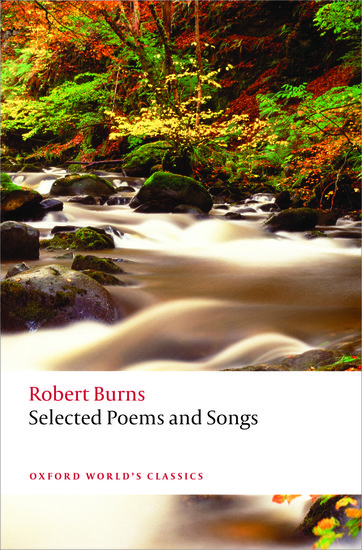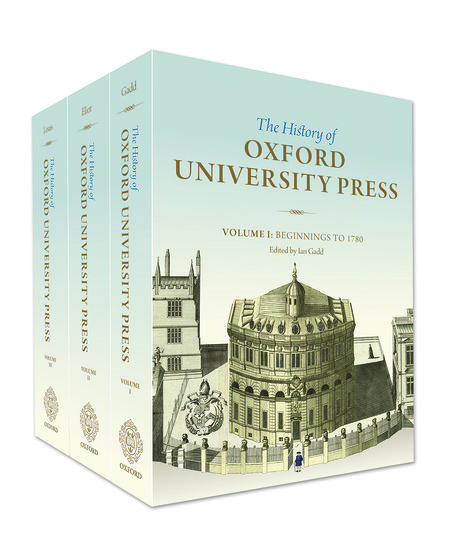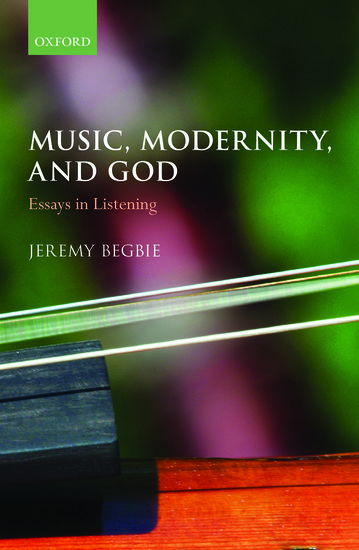A postcard from Pete Seeger
By Ronald Cohen
I am saddened to learn of the passing of American folk musician Pete Seeger and am not sure how to sum up his life in a short space. I am just thinking: the world weeps. So I’d like to share the postcard I just got from him. It sums up his life, always caring and studying and thinking.







